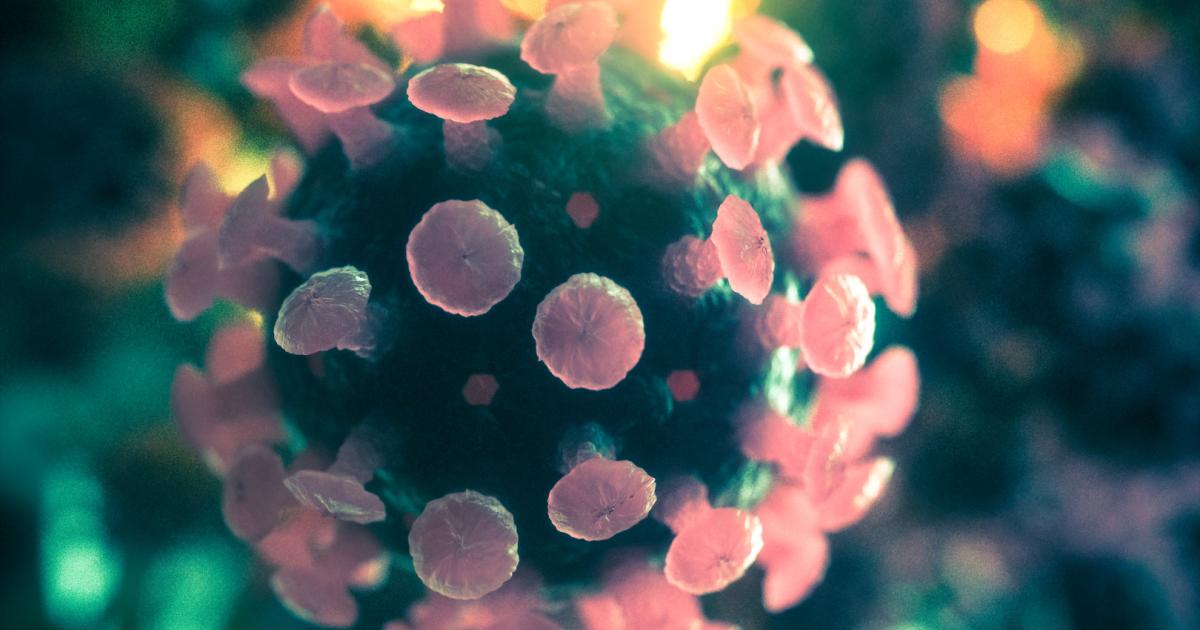
[ad_1]
Adaptable
It is not unusual for a virus to mutate per se. “Coronaviruses in particular are predestined for this,” says virologist Christoph Steininger of MedUni Vienna. This is confirmed by his colleague Lukas Weseslindtner, head of the antibody diagnostic laboratory at the Center for Virology: “Since we have been scientifically tracking SARS-CoV-2, genetic changes have been found time and time again.” The central question is whether a mutation also leads to a biological change in the virus.
That seems to have happened in the case of B.1.1.7, the name of the new virus line. The regions of the virus genome in which mutations occur are critical. “The new variant is unusual because it is characterized by a total of 23 mutations and therefore has a particularly large number of changes,” says Bergthaler. About half refer to the spike protein on the surface of the virus, through which it binds to target cells. “Changes to precisely this part of the surface of the virus can make the virus more infectious and spread faster.”
The mutated strain could infect children more easily, British epidemiologists warn. That would suggest data on infections in south-east England. “It is difficult to produce evidence for such epidemiological observations,” says Bergthaler. “The infection numbers are probably not high enough to draw conclusions here.”
Theories of origin
Many mutations occur in the body of immunosuppressed people. Because the immune response is not well built enough, the virus can circulate for a long period of time without being contained. “Then you have the opportunity to accumulate mutations over weeks or months,” says Bergthaler. Even drugs that are given specifically to fight the virus “could induce the pathogen to initiate attempts to escape the effect with mutations.” A previously unknown animal intermediate host is also conceivable as a reservoir.
From the perspective of the coronavirus that is set to spread, the new variant has certainly been successful. So there are more possibilities than a smart strategy behind it. “Viruses don’t mutate intelligently. They change their genetic information by chance when they replicate,” Steininger says. The virus eliminates itself through many changes, what remains are the most viable variants that give it an advantage.
“Mutations that stabilize must have a selection advantage for the pathogen. If this applies to a mutation, it ensures its continued existence,” adds Weseslindtner. Then they arise by chance, “but conservation follows a certain principle.”